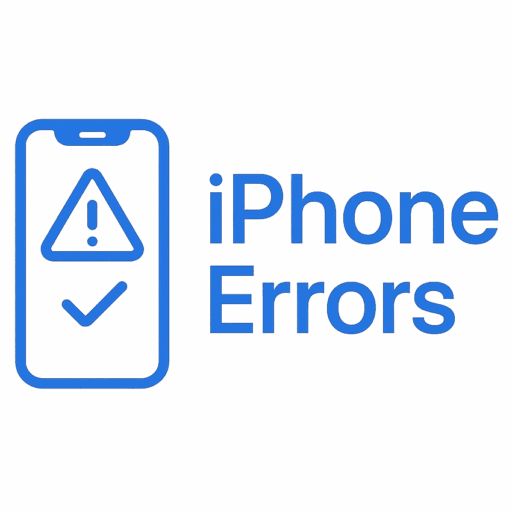Apple has once again found itself in the middle of a heated debate about free speech, safety, and government influence. On October 3, 2025, the Department of Justice (DOJ) pressured Apple to remove the controversial ICEBlock app, citing safety concerns for Immigration and Customs Enforcement (ICE) agents. Within hours, the app disappeared from the App Store — sparking questions about platform policy, user rights, and government control over digital tools.
In this article, we’ll break down what happened, why ICEBlock became so controversial, and what its removal means for App Store policy and the future of politically sensitive apps.
What Was the ICEBlock App?
ICEBlock was a crowdsourced alert app designed to let users report and share sightings of ICE agents in real time. Similar in concept to Waze, which lets drivers warn each other about police checkpoints, ICEBlock relied on user-generated data to map immigration enforcement activity.
- Developer: Joshua Aaron, who positioned the app as a tool for immigrant communities.
- Key Features: Anonymous reporting, map overlays, push notifications for nearby ICE activity.
- Target Audience: Immigrants, activists, and advocacy groups seeking to avoid ICE raids.
Why the DOJ Demanded Removal
The DOJ argued that ICEBlock posed a direct safety risk to law enforcement officers.
Attorney General Pam Bondi stated:
“This app is designed to put ICE agents at risk just for doing their jobs.”
From the DOJ’s perspective, ICEBlock was not just an activist tool — it was a law enforcement countermeasure, undermining immigration enforcement efforts and potentially exposing agents to danger.
Apple’s Decision: A Familiar Pattern
Apple complied with the DOJ request and removed ICEBlock. While Apple did not issue a detailed statement, this isn’t the first time the company has pulled politically sensitive apps after government pressure.
- 2019, Hong Kong: Apple removed an app that helped protestors track police, after criticism from Chinese state media.
- Russia, 2021: The Kremlin pressured Apple and Google into removing opposition candidate apps during elections.
- Middle East, 2023: Apple restricted apps tied to regional activism, citing “safety concerns.”
This pattern suggests Apple takes a pragmatic approach: prioritizing government relations and safety concerns over absolute free speech on its platform.
The Free Speech Debate
Critics argue that removing ICEBlock sets a dangerous precedent.
- Developer’s Response: Joshua Aaron defended the app as a form of protected speech, saying Apple bowed to political pressure rather than standing up for user rights.
- Civil Liberties Groups: Some advocacy organizations claim the decision chills digital activism, comparing ICEBlock to other crowdsourced safety tools.
Supporters of removal, however, argue that tracking law enforcement in real time is not equivalent to free speech but a potential security threat.
How This Affects App Store Policy
The removal of ICEBlock highlights the gray area in Apple’s App Store moderation policies:
- Government Pressure: Apple’s policies adapt quickly when governments flag “safety risks.”
- Inconsistent Standards: Tools like Waze remain online, despite helping drivers avoid police checkpoints.
- Future of Activist Apps: Developers building politically sensitive apps may face heightened scrutiny.
Apple may soon be forced to clarify its rules on what constitutes a safety threat versus protected community reporting.
What Happens to ICEBlock Users Now?
With the app gone, current ICEBlock users lose access to updates and new downloads. Possible outcomes include:
- Unofficial Mirrors: APK versions may circulate on Android (Google has also received DOJ requests).
- Encrypted Messaging Alternatives: Some communities are turning to private Telegram groups and WhatsApp broadcasts.
- Legal Risks: Users should be aware that downloading or sharing government-targeted apps may carry consequences.
Broader Implications: Technology vs. Government Power
The ICEBlock case reflects a larger struggle: tech platforms balancing their roles as global businesses, speech enablers, and government partners.
- For Apple, this raises new questions about how much power the U.S. government holds over the App Store.
- For users, it underscores the fragile nature of apps that challenge authority.
- For developers, it signals risk when creating tools that intersect with law enforcement or politics.
Conclusion
The removal of ICEBlock is more than just an app store headline — it’s a test case for how far governments can go in shaping digital ecosystems, and how platforms like Apple respond when free speech collides with safety concerns.
As one chapter closes for ICEBlock, the bigger debate is just beginning: Who decides what apps can exist — the platforms, the governments, or the users themselves?


Leave a Reply